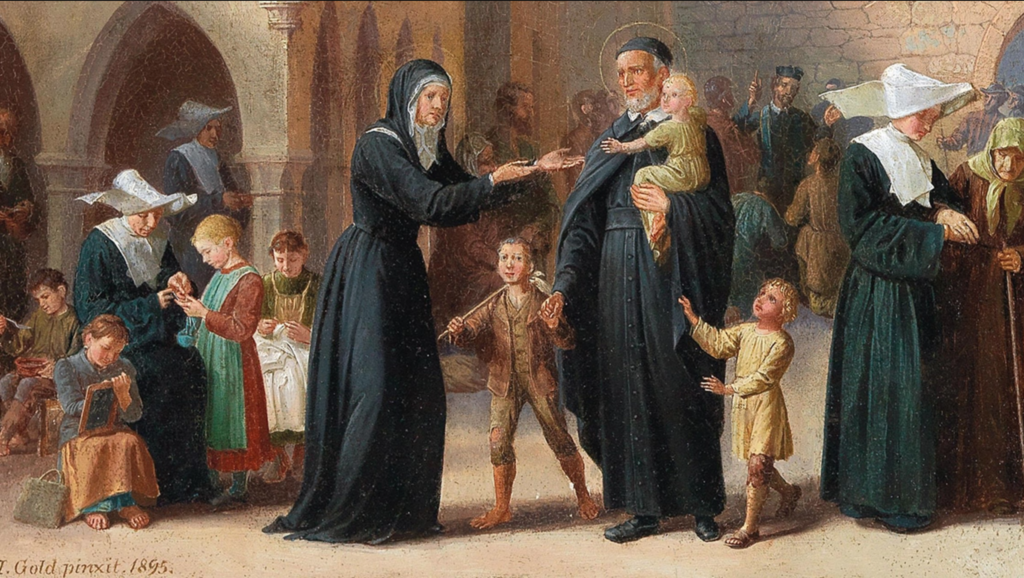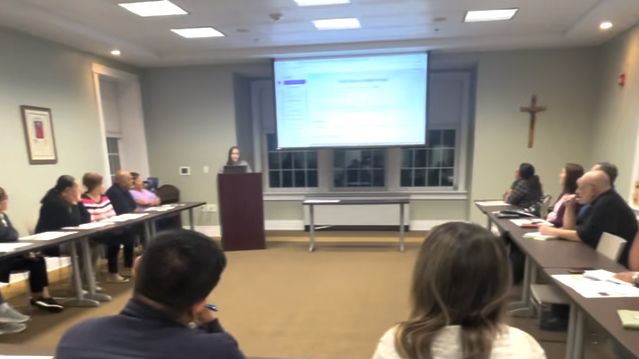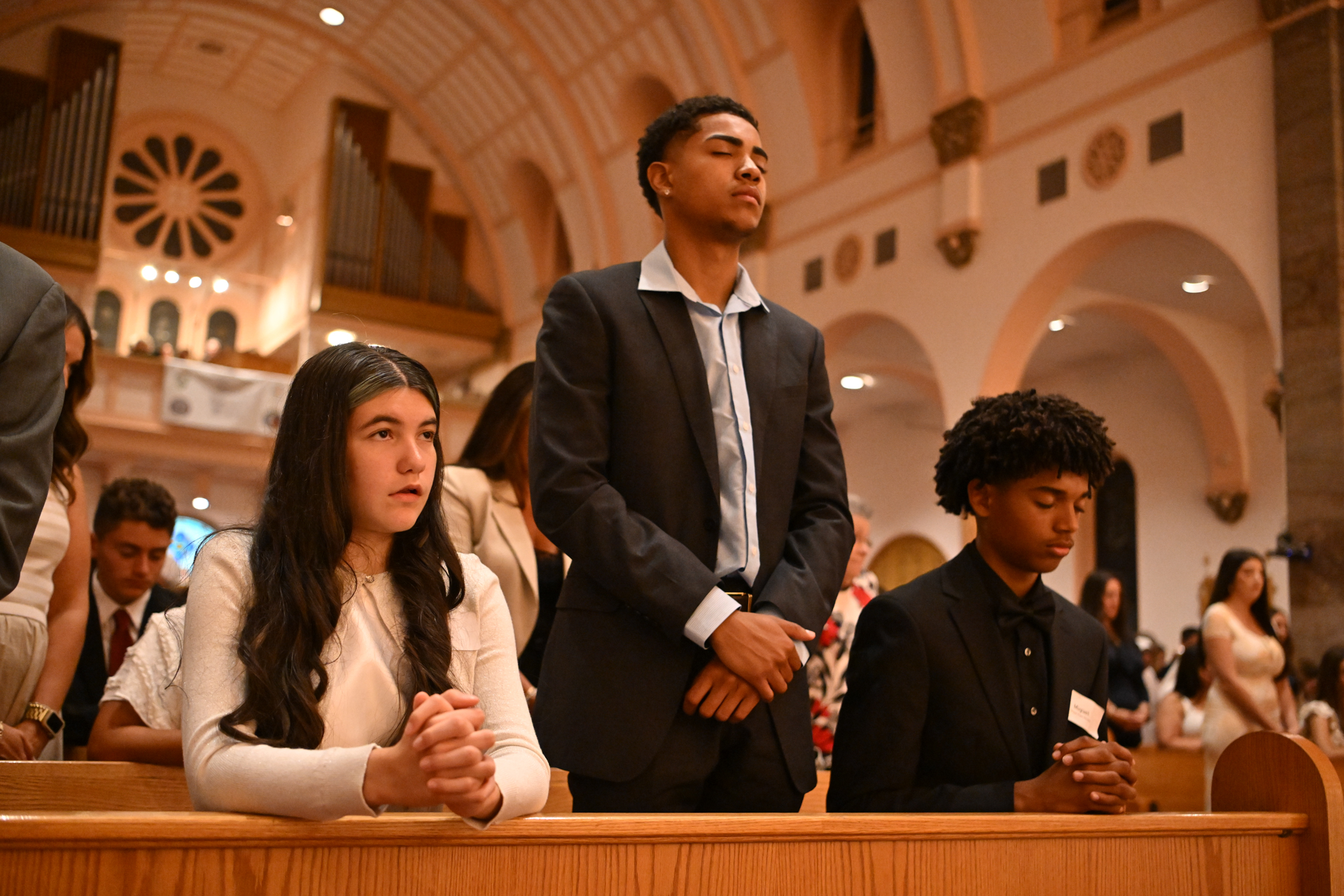On Sept. 27, we celebrate the Feast of Saint Vincent de Paul (1581–1660), who said, “Extend mercy toward others, so that there is no one in need whom we meet without helping. For what hope is there for us if God should withdraw his mercy from us?” Today, Saint Vincent is known as the patron of all Catholic works of charity. However, charity was not the initial focus of his priesthood. In fact, it is said that he pursued the priesthood to achieve an easy life.
Vincent’s parents were peasant farmers in France, and he grew up working as a herder of livestock. When he was 15, his father sold the family’s oxen to pay for his seminary training. While Vincent was a diligent student, he approached the endeavor as a path of liberation from the burdens of peasant life. But soon after he was ordained, he underwent a series of harrowing experiences that led to his change of heart. In 1605, Vincent was abducted by pirates while on a sailing voyage in the Mediterranean. Taken to Tunisia, he was sold into slavery and then traded from one master to another, until eventually falling into the service of a former Franciscan priest named Guillaume Gautier, who had converted to Islam to gain his own freedom from slavery.
Vincent convinced Gautier to return to the Christian faith, and the two of them escaped across the Mediterranean to France in 1607, leaving behind the threat of slavery. This experience taught Vincent to appreciate his freedom, but it wasn’t until a powerful encounter hearing the confession of a dying peasant that his heart was fully opened to all he was called to be. “Let us love God, but with the strength of our arms, in the sweat of our brow,” Vincent declared, finally translating that work ethic learned in childhood to the practice of his faith.
Click here to subscribe to our weekly newsletter.
It’s a scenario much like the calling of Simon and Andrew, when Christ saw them fishing on the Sea of Galilee and said, “Follow me, and I will make you fishers of men.” Such stories demonstrate the strength of character that can be cultivated in physical labors—and how humble origins can be the perfect preparation for doing God’s work.
By 1617, Vincent was immersed in ministry to the poor of Paris, and in 1622 he was appointed chaplain to the galleys. He organized the wealthy to assist and fund efforts to help those in need, and the support he received led to his ability to ransom 1,200 galley slaves from North Africa.
The experience of freeing slaves must have contributed to Vincent’s realization of how God had used the events of his life to prepare him for service to others. “Surely,” Vincent said, “nothing is too much for Him when there is question of sanctifying a soul. He hands over the body and soul to weakness in order to purify them in contempt of earthly things and in the love of His Majesty. He wounds and He heals them; He crucifies them on His cross in order to glorify them in His glory; in brief He gives them death in order to have them live in eternity.”
Through his own trials, Saint Vincent de Paul was awakened to the suffering of others, and he responded to that suffering with bold acts of charity. May his story inspire us all to perform such bold works of charity for all those we encounter who are in need.
For free copies of the Christopher News Note ANSWERING GOD’S CALL, write: The Christophers, 264 West 40th Street, Room 603, New York, NY 10018; or e-mail: mail@christophers.org







